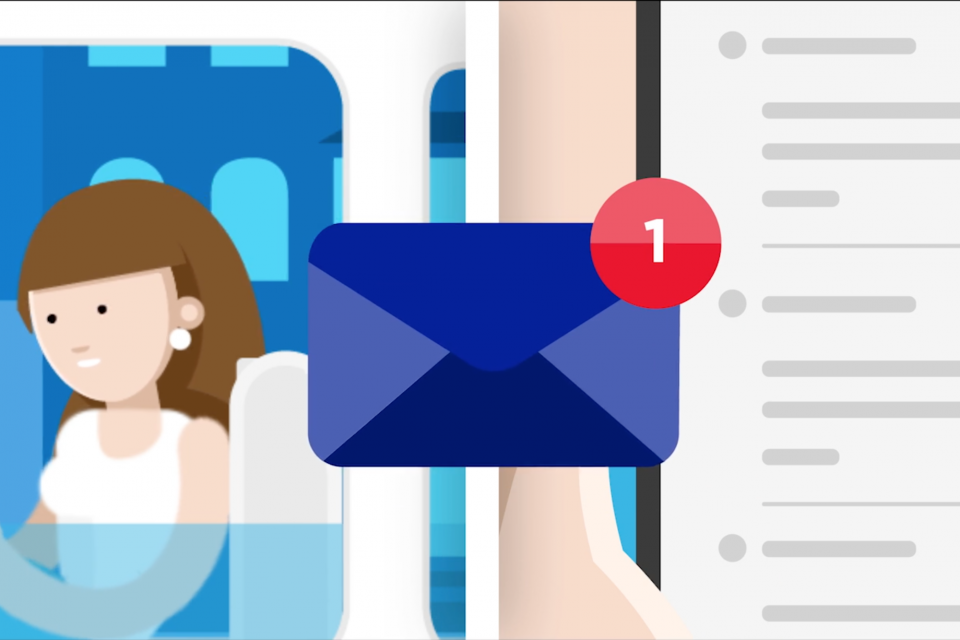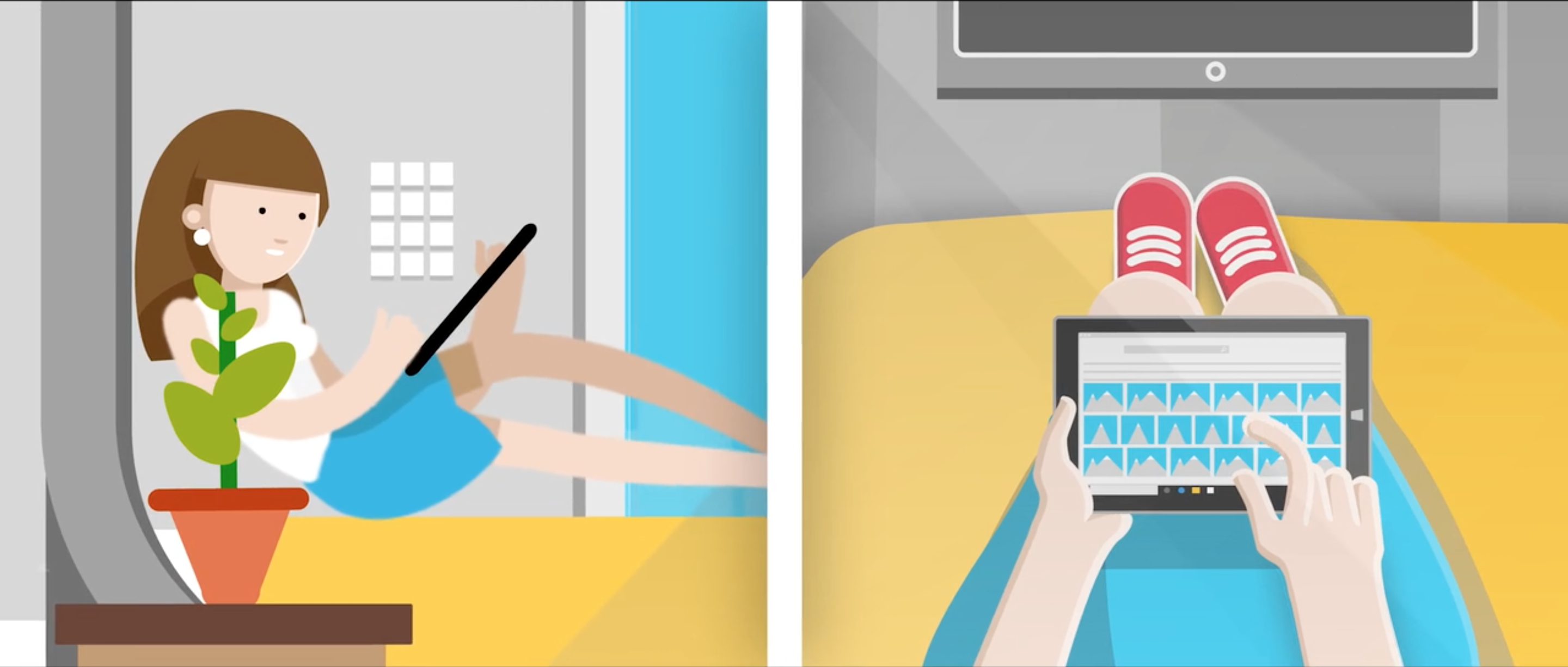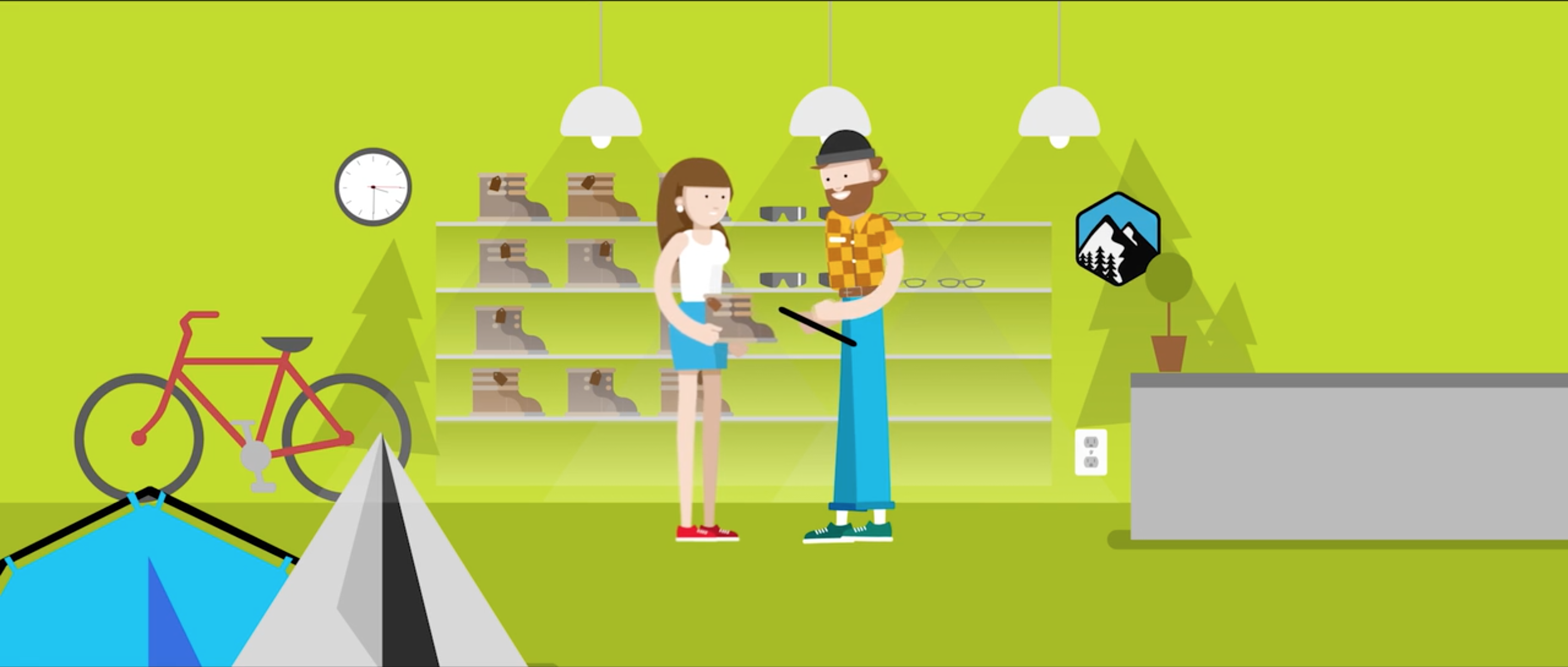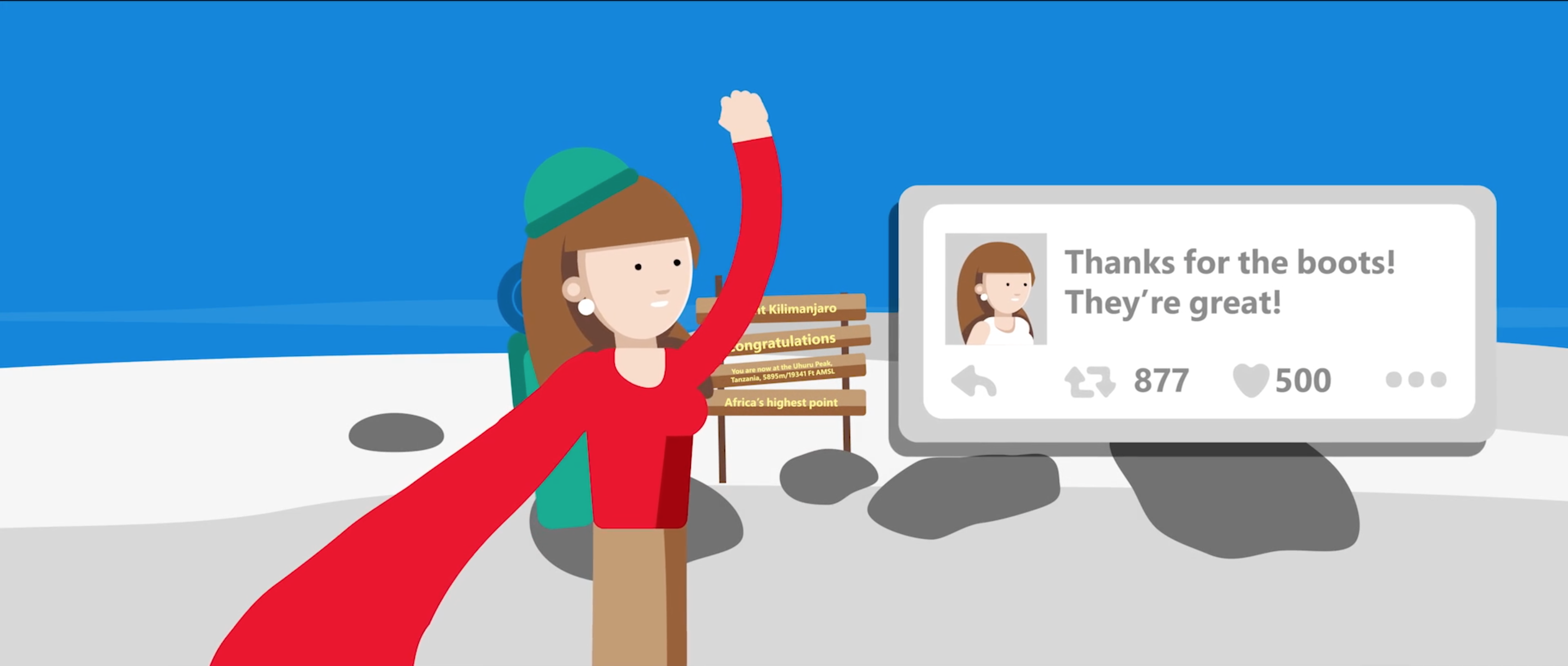The way we shop is changing rapidly, and the role of the retailer has changed forever. Technology has disrupted the traditional, established business models of the retail industry. In the past, having one channel was enough to drive sales, with most retailers choosing to invest in either their online offering or in bricks and mortar. But today, retailers need to do much more. To succeed, retailers need to create differentiated and personalized experiences that span our real and digital lives.
According to Deloitte, shoppers increasingly want their favorite retailers and brands to immediately fulfil or even predict their needs and desires. Purchasing an item is not an isolated event, but part of a seamless, integrated shopping experience that spans the online store, social media, physical stores and more. The lines between online and offline shopping continue to blur. Social media influences 33 percent of in-store purchases (Deloitte), for example. To drive sales and customer loyalty in this competitive market, retailers must find a way to personalize and differentiate the customer experience. Achieving this vision isn’t easy, but with new cloud-based technologies such as machine learning and advanced analytics, as well as artificial intelligence, retailers can connect previously siloed businesses areas and revolutionise the way they engage with increasingly knowledgeable and tech-savvy consumers.
A modern retail experience
What could a modern digital retail experience look like? Let’s take an example. Sam is 32, a travel blogger planning her next big trip – climbing Mount Kilimanjaro. She needs new hiking boots so asks Cortana, the smart assistant on her mobile phone, to suggest some ideas. Using Artificial Intelligence, Cortana analyses images of Kilimanjaro’s terrain and checks for relevant stores nearby. Cortana suggests three options, and Sam taps the pair she likes from one of her favourite retailers. The retailer then pops up via a chatbot on Sam’s phone to ask if she would like to try on a pair at a store nearby. They’re holding an interactive ‘Mount Kilimanjaro’ experience at the store, where Sam can try the boots on and get a great discount.
When Sam arrives, a sales assistant has already retrieved her boots in the right size based on her purchase history. Using his tablet and Sam’s detailed customer profile, the sales assistant can show Sam other offers that might be relevant for her holiday plans – including a new tent, as their records show she hasn’t bought one in the last five years. The assistant recommends options, and then processes Sam’s payment right then and there on his tablet using mobile point-of-sale technology. Sam leaves the store happy, without having to spend any time waiting for her items or bring out her credit card.
After serving Sam, the sales assistant uses his tablet to check how many boots are in the stockroom. Cortana alerts him that there is a big sale soon, so he knows to mark the boots and other popular items for restocking from the warehouse nearby. As the store gets busier, the assistant sends a request to the manager’s portable device to temporarily reassign staff to the shop floor. With all this functionality available on his device through Cortana, the assistant can spend less time on admin and more time serving customers.
A glimpse of the future
This scenario may seem futuristic, but the technology to enable it already exists and retailers are starting to see the benefits of it today. Coop, Italy’s largest retail chain has just opened its first ‘Supermarket of the Future’ in Milan, Italy powered by Microsoft cloud technology.
Inside, shoppers are guided by robots, sensors and apps to their ideal products. Information on more than 6,000 products is instantly available to customers via interactive screens on the shop floor, which can filter products based on shoppers’ personal dietary requirements. It’s as easy as saying aloud that you’re allergic to nuts, and then being shown which products contain nuts and which don’t. Instead of needing to ask a sales assistant, information is instantly available to shoppers on the interactive screens on the shop floor. The ‘Supermarket of the Future’ is powered by Microsoft Azure, Microsoft’s enterprise-grade cloud computing platform, which provides the processing power needed to manage the huge amounts of customer and sales data that makes this personal experience possible.
A recipe for global collaboration
To deliver a better shopping experience, retailers and brands must also improve their processes behind the scenes. Cloud technology provides the power and flexibility to create global cooperation, at a fraction of the cost of traditional IT systems.
Carlsberg Group manages more than 140 beer brands worldwide, with 40,000 employees in 27 countries. The company has grown significantly in international markets over the last sixteen years, resulting in disparate IT systems with 30 regional and local environments. Employees were siloed by business unit, as well as their physical location. To tackle this, Carlsberg decided to move to Microsoft Office 365, a cloud-based collection of Microsoft Office services.
With this upgrade every single person in the company can collaborate through the cloud, from C-level executives using Microsoft OneDrive to share business plans, to marketing teams using Skype Meeting Broadcast to conduct videoconferences for more than 300 people. Employees are sharing their own ideas to help grow the business, even swapping their brewing recipes with each other via SharePoint Online. In certain markets, the Carlsberg sales team is also using Yammer, Microsoft’s social networking solution, to speak directly to customers. With this level of global co-ordination, Carlsberg can deliver better experiences to their retailers, and end customers, around the world.
The next big thing
Retailers who succeed in 2017 will be the ones that move quickly. Coop’s ‘Supermarket of the Future’ was only a concept at NRF 2016, but the first store recently launched in Milan. Cloud technologies provide the means for retailers and brands to revolutionize the way they operate, breaking down organisational silos and enabling them to deliver the personalised, seamless and differentiated experiences that today’s modern consumers demand.
To find out more about Microsoft’s solutions for digital transformation, click here.








